David Cochran - America Noir: Underground Writers and Filmmakers of the Postwar Era
Here you can read online David Cochran - America Noir: Underground Writers and Filmmakers of the Postwar Era full text of the book (entire story) in english for free. Download pdf and epub, get meaning, cover and reviews about this ebook. year: 2000, publisher: Smithsonian Books, genre: Art. Description of the work, (preface) as well as reviews are available. Best literature library LitArk.com created for fans of good reading and offers a wide selection of genres:
Romance novel
Science fiction
Adventure
Detective
Science
History
Home and family
Prose
Art
Politics
Computer
Non-fiction
Religion
Business
Children
Humor
Choose a favorite category and find really read worthwhile books. Enjoy immersion in the world of imagination, feel the emotions of the characters or learn something new for yourself, make an fascinating discovery.

- Book:America Noir: Underground Writers and Filmmakers of the Postwar Era
- Author:
- Publisher:Smithsonian Books
- Genre:
- Year:2000
- Rating:3 / 5
- Favourites:Add to favourites
- Your mark:
America Noir: Underground Writers and Filmmakers of the Postwar Era: summary, description and annotation
We offer to read an annotation, description, summary or preface (depends on what the author of the book "America Noir: Underground Writers and Filmmakers of the Postwar Era" wrote himself). If you haven't found the necessary information about the book — write in the comments, we will try to find it.
David Cochran: author's other books
Who wrote America Noir: Underground Writers and Filmmakers of the Postwar Era? Find out the surname, the name of the author of the book and a list of all author's works by series.

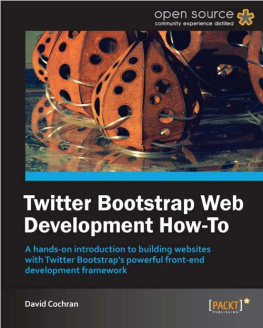
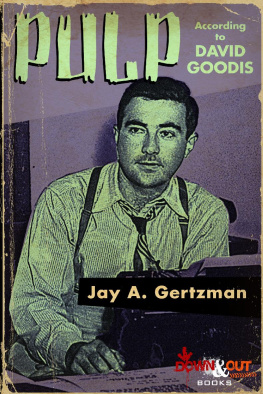
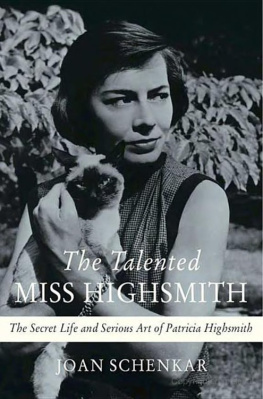
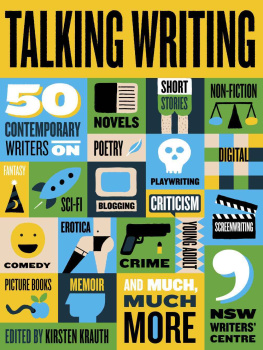


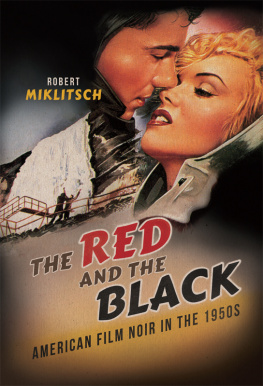
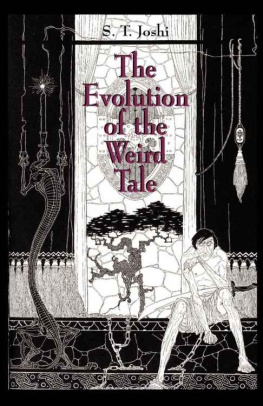
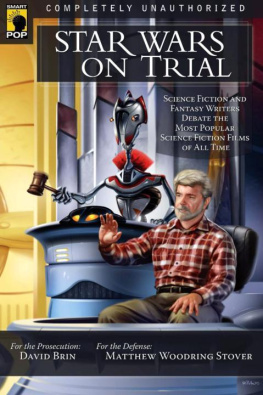
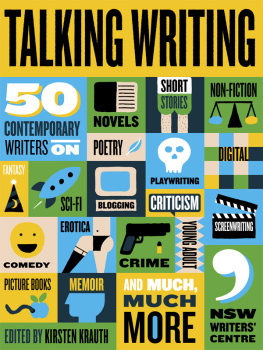
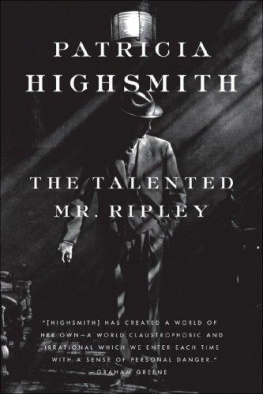
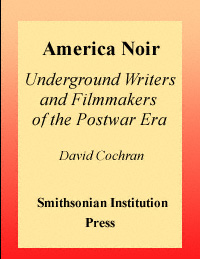

 The paper used in this publication meets the minimum requirements of the American National
The paper used in this publication meets the minimum requirements of the American National